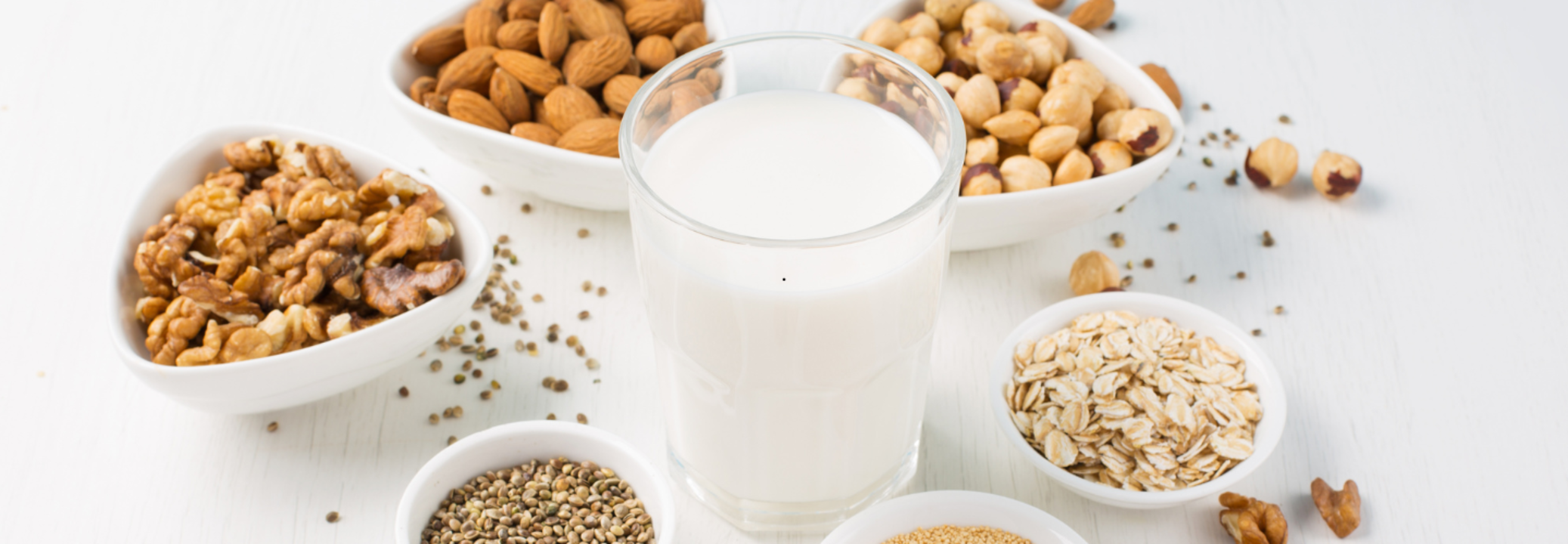5 Cow’s Milk Substitutes—And What To Look For Before You Buy

Credits: Canva
SummaryWhen shopping for cow’s milk alternatives, it’s essential to look past the front label. Whether you're switching due to allergies, ethics, or personal health goals, consider protein content, added sugars, vitamin and mineral fortification, and potential allergens.
End of Article
